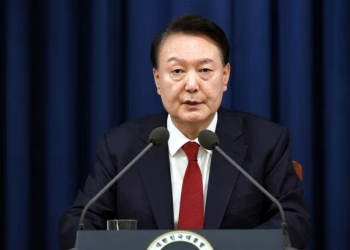President William Ruto has integrated members of the Orange Democratic Movement (ODM) into his administration in an effort to bolster his struggling government.
After taking office, Ruto sought support from the Jubilee party to strengthen his parliamentary position and push through his legislative agenda.
Typically, coalition governments or national unity governments are formed when the President’s party lacks sufficient numbers in Parliament, as seen recently in South Africa, or during crises such as the ongoing situation in Israel.
In Kenya, however, these strategies often serve to neutralize opposition and allow incumbents to persist in their positions without substantial challenge.
A strong opposition is vital for a healthy democracy, keeping the government accountable. Presidents Daniel Moi, Mwai Kibaki, Uhuru Kenyatta, and now Ruto have all incorporated opposition members into their administrations during difficult periods.
Yet, this approach does little to address the public’s concerns. Instead, it often results in tribal politics and a divide-and-rule strategy that alleviates pressure on the incumbent.
The inclusion of ODM in the government is unlikely to bring significant change in addressing the concerns raised by Gen Z. As Albert Einstein famously said, “Insanity is doing the same thing over and over again and expecting different results.”















